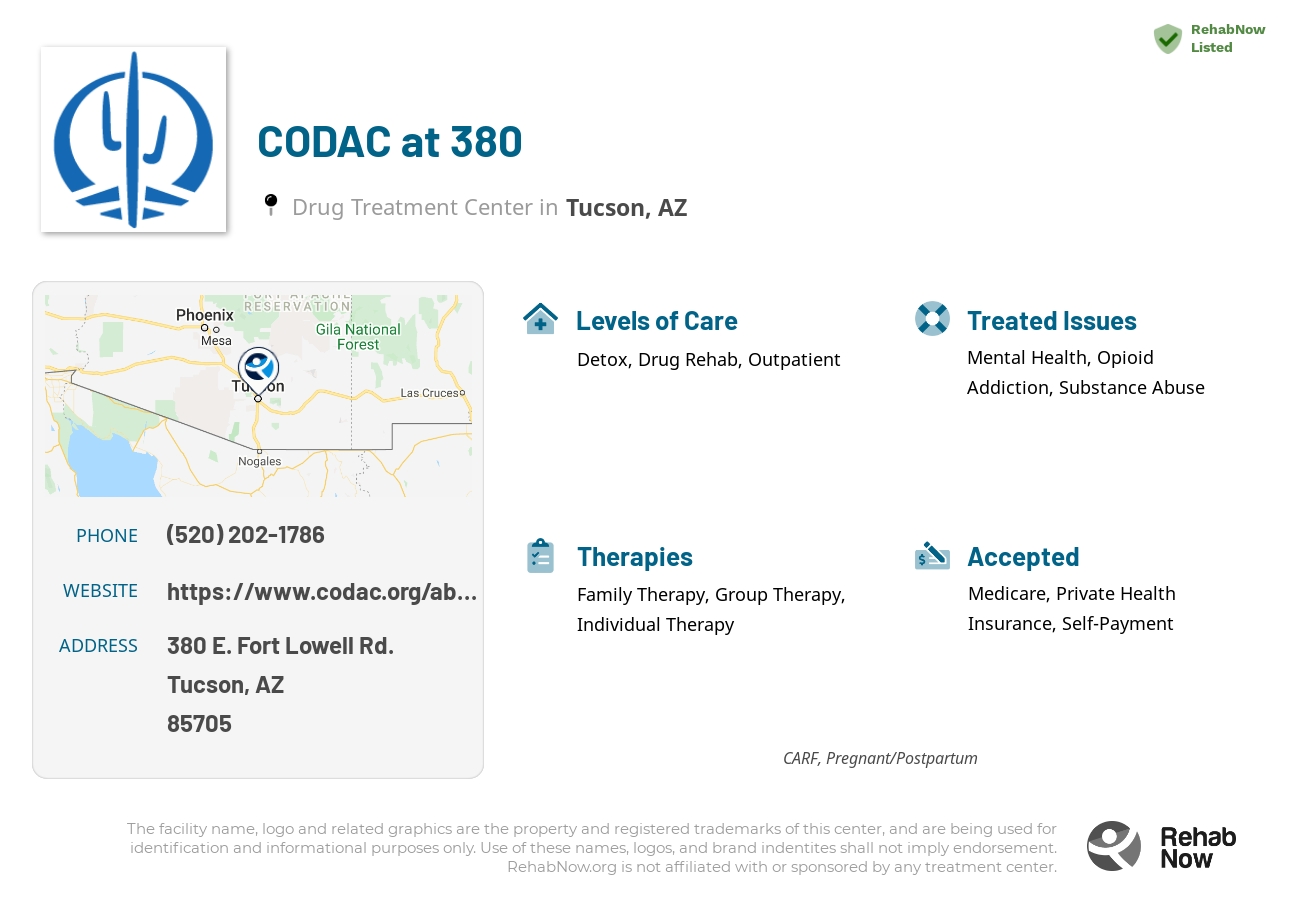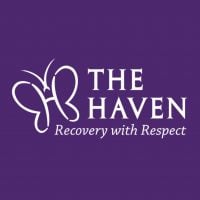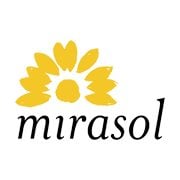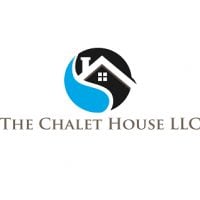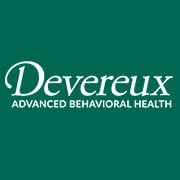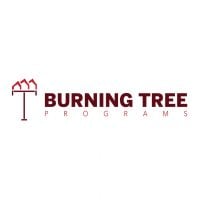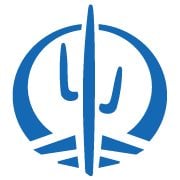
CODAC at 380
Drug Rehab Center in Tucson, Arizona
- Substance Abuse
- Opioid Addiction
- Mental Health
- Dual Diagnosis
- Drug Addiction
CODAC in Tucson, AZ is a CARF-accredited drug rehab that offers comprehensive care through various levels of treatment, personalized care plans, and evidence-based practices to promote long-term sobriety, with access to aftercare support, support groups, family counseling, and alumni programs, and accepts most private health insurance plans.
About CODAC at 380 in Arizona
CODAC at 380 is a respected addiction treatment facility located in Tucson, Arizona, specializing in the treatment of opioid use disorder and substance abuse. Their comprehensive approach to recovery meets clients where they are on their journey, offering a continuum of care tailored to individual needs.
- Medication-Assisted Treatment combines FDA-approved medications with mental health counseling and relapse prevention strategies.
- Outpatient Treatment provides a flexible program for those who don't require intensive supervision, including individual and group therapy, family counseling, educational programming, and self-help groups.
- Accepts most major insurance plans, making quality care accessible to a wider range of individuals seeking sobriety.
CODAC at 380 is accredited by CARF, ensuring adherence to rigorous standards of care and evidence-based practices. Their experienced staff of clinicians and mental health professionals are trained and certified in addiction treatment and dual diagnosis care.
In addition to opioid use disorder, CODAC at 380 treats a range of substance abuse issues through a comprehensive approach that may include medication management, cognitive behavioral therapy, relapse prevention skill-building, and aftercare planning.
Genders
Ages
Modality
Additional
Accreditations

CARF
The Commission on Accreditation of Rehabilitation Facilities (CARF) is a non-profit organization that specifically accredits rehab organizations. Founded in 1966, CARF's, mission is to help service providers like rehab facilities maintain high standards of care.
Conditions and Issues Treated
Rehabilitation, Medication, and Therapy – a combination of all three is most effective.
The most successful treatments for drug dependence or abuse have been those that include education and counseling and medication such as methadone or buprenorphine. The right drug abuse treatments need counseling, psychotherapy, and detoxification or medications to help with withdrawal symptoms.
Substance abuse can take many different forms, including the overuse or misuse of prescription drugs, unprescribed drugs, alcohol addiction, and drug addiction.
A combination of treatments is often needed to treat drug abuse issues effectively. In the case of drug abuse, there is no easy answer or one-size-fits-all cure.
While some drug addictions can be treated with counseling and support groups, many drug abusers also need medication to help them overcome their addiction. In other cases, drug abuse can lead to a medical problem and require medical treatment.
Treatment for drug addiction typically combines counseling and psychotherapy with medication and behavioral therapies. In some rare cases, hospitalization may also be required. All different treatments combined are the best way to help someone addicted to drugs, alcohol, or other substances.
Treatment for opioid addiction is best made with the help of medical professionals who are experienced in dealing with these types of drugs. This treatment can involve medications, exercise, behavioral therapy, and counseling sessions. It is important to note that the effectiveness of treatments for opioid addiction vary, so it is vital to research which treatment options are suitable for each individual.
Many people who struggle with opioid addiction need to attend specific programs like methadone , Suboxone or Vivitrol clinics.
These types of programs will provide the patient with legal, prescription medications that can help them overcome their cravings for illegal opioids like heroin or fentanyl . If the patient has a chronic condition like Hepatitis C, they must undergo treatment before they can begin taking these medications.
Levels of Care Offered
This center offers a variety of custom treatment tailored to individual recovery. Currently available are Detox, Drug Rehab, Outpatient, Residential, with additional therapies available as listed below.
Detox is the stage of recovery where the drugs or alcohol are entirely removed from your body. There are two different ways to detox, with medications and without. For many drugs and alcohol, the acute phase of detox can be completed in a number of days.
Outpatient treatment can be considered the lowest intensity level of addiction treatment in Tucson, AZ. It is ideal for early phase addiction or lower intensity addictions. CODAC at 380 peer group support, 12-step programs, and individual counseling are likely to be involved.
Residential treatment programs are those that offer housing and meals in addition to substance abuse treatment. Rehab facilities that offer residential treatment allow patients to focus solely on recovery, in an environment totally separate from their lives. Some rehab centers specialize in short-term residential treatment (a few days to a week or two), while others solely provide treatment on a long-term basis (several weeks to months). Some offer both, and tailor treatment to the patient’s individual requirements.
Therapies & Programs
Individual therapy is ideal for addicts who want to focus on themselves. It can also be helpful for those whose withdrawal symptoms are exacerbated by the presence of other people.
Benefits of individual therapy are:
- Access to a personalized treatment plan that focuses on the individual needs of the addict
- More privacy during treatment sessions
- Better personal development through introspection
- Increased self-awareness regarding addictive tendencies in order to avoid relapse
- Greater potential for a long-term recovery plan
- Receiving professional advice and detox assistance from medical staff
Couples therapy is a treatment method used to help couples in which at least one member of the couple has a drug addiction. Couples therapy can be used whether the addicted partner is using drugs or in recovery. An additional benefit of couples therapy is that it can help make other types of treatment, such as 12-step programs, more effective.
Family therapy can help you and your family deal with old issues that may trigger substance abuse. The idea behind family therapy for drug addiction is that you are never fully healed from substance abuse until you’ve healed your relationship with your family, too. To get sober, you need to find a different way to cope with the pain in your life.
This is when a group of people in various stages of recovery meet up and discuss their experiences, triggers, successes, failures, and even alternative therapies! Unlike support groups where everyone already knows each other, group therapy is conducted along side outpatient or inpatient treatment at CODAC at 380.
Payment Options Accepted
For specific insurance or payment methods please contact us.
Is your insurance accepted?
Ask an expert, call (888) 674-0062
CODAC Associated Centers
Discover treatment facilities under the same provider.
- CODAC at Alvernon in Tucson, AZ
- CODAC at Cobblestone Court in Tucson, AZ
- CODAC Behavioral Health Services Las Amigas Residential Treatment in Tucson, AZ
- CODAC at Country Club in Tucson, AZ
- CODAC Health Recovery and Wellness in Tucson, AZ
Learn More About CODAC Centers
Additional Details
Specifics, location, and helpful extra information.
Tucson, Arizona 85705 Phone Number(520) 202-1786 Meta DetailsUpdated April 15, 2024
Staff Verified
CODAC at 380 Patient Reviews
There are no reviews yet. Be the first one to write one.
Tucson, Arizona Addiction Information
Arizona has some of the highest rates of prescription drug abuse in the United States. Methamphetamines, heroin and morphine are among the most commonly abused substances. Prescription pain relievers were prescribed to 348 million people in 2012, enough to medicate every adult in Arizona for 2 full weeks. The number of people with substance use disorders in Arizona has remained relatively constant over the past few years.
In Tucson, Arizona, drug addiction is a serious issue. In fact, according to recent statistics, there are over 15,000 people in the city who are addicted to drugs. This accounts for about 5% of the population. Tucson's most commonly abused drugs include heroin, methamphetamine, and cocaine. In Tucson, Arizona, the types of treatment available include inpatient rehabilitation, outpatient rehabilitation, and 12-step programs.
Treatment in Nearby Cities
- Saint Johns, AZ (180.6 mi.)
- Green Valley, AZ (28.4 mi.)
- Payson, AZ (137.6 mi.)
- Dewey, AZ (171.7 mi.)
- Snowflake, AZ (163.8 mi.)
Centers near CODAC at 380
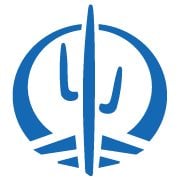

The facility name, logo and brand are the property and registered trademarks of CODAC at 380, and are being used for identification and informational purposes only. Use of these names, logos and brands shall not imply endorsement. RehabNow.org is not affiliated with or sponsored by CODAC at 380.


